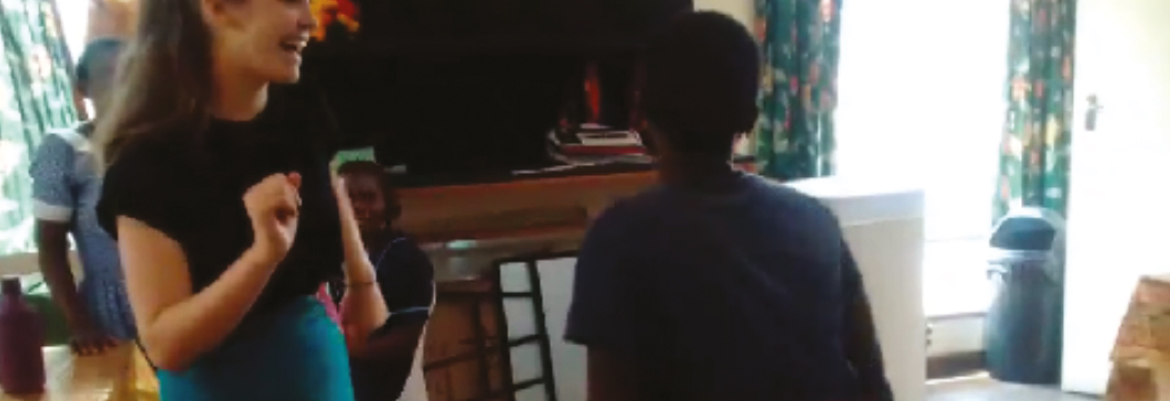My trip to…Malawi
During February and March 2020, I volunteered at a Fistula Care Centre (FCC) in Malawi, where the Freedom from Fistula charity provides surgery and rehabilitation for women with obstetric fistulas.Obstetric fistulas affect between 50,000 and 100,000 women annually. [1] Being young, of maternal age, with poor healthcare access, and limited education about prolonged labour are associated with obstructed labour, which is the most common cause of obstetric fistulas. As these factors are more common in low- and middle-income countries, fistulas tend to be restricted largely to such countries. [2] Fistulas ruin the personal hygiene, self-esteem, relationships, societal contribution and employment opportunities of women who are often forced into divorce, ostracised, and isolated. Furthermore, the fistula may have been associated with stillbirth, further worsening a woman’s suffering. Most fistulas are experienced by women in rural settings, where there is very little awareness of fistula care services, meaning a lot of women suffer for many years. I met a woman who had suffered with a fistula for 20 years.
Most women enter the FCC’s two week-long rehabilitation programme after surgery. The programme develops camaraderie between women and teaches them skills (such as English, craft, and how to make solar-powered phone chargers), empowering them with the ability to financially support themselves upon discharge. I was incredibly privileged to witness a ‘Gladi Gladi’ ceremony — a jubilant celebration of a woman’s freedom, involving song and dance, and gifts of the centre’s chitenge (fabric) and a dress. It is a glorious moment in a woman’s journey of healing and is a beacon of hope and inspiration for women recently admitted to the centre.
Many past patients are employed at the centre, performing a variety of roles including cleaning, cooking, reusable sanitary pad production, and nursing. The centre is passionate about the eradication of fistulas, and organises the advertisement of reusable sanitary pads in schools, raising awareness about obstetric fistulas, and addressing the prevalence of teenage girl absenteeism from school due to a lack of sanitary protection. The charity equips past patients with a bicycle to enable them to travel to villages to spread awareness about obstetric fistulas and the services available for them.
Although not explicitly Christian on advertising media, the centre operated with openly Christ-centred rhythms. A daily morning devotion was observed, involving Bible study, song, and dance. The grace, hope and faith that women displayed, despite profound suffering, was incredibly humbling and inspiring. It also developed my gratitude for the relative lack of obstetric fistulas in the UK, as well as a deep sadness for the parts of Christ’s body that still suffer in this way. The zest for spreading awareness of the freedom available following immense isolation felt deeply familiar, echoing Christ’s redemption of us and his call to spread awareness of it.
More information about the charity Alice volunteered with can be found at freedomfromfistula.org/projects/malawi









